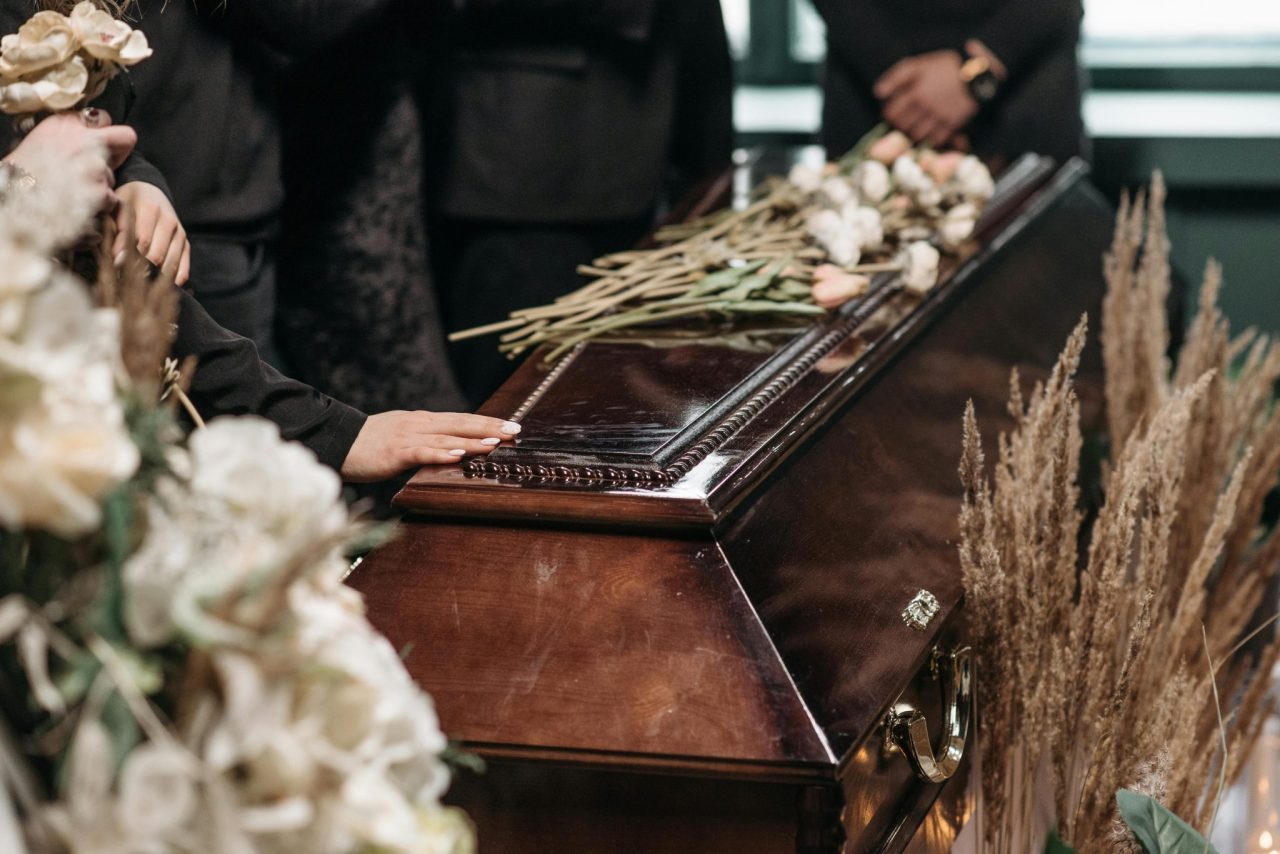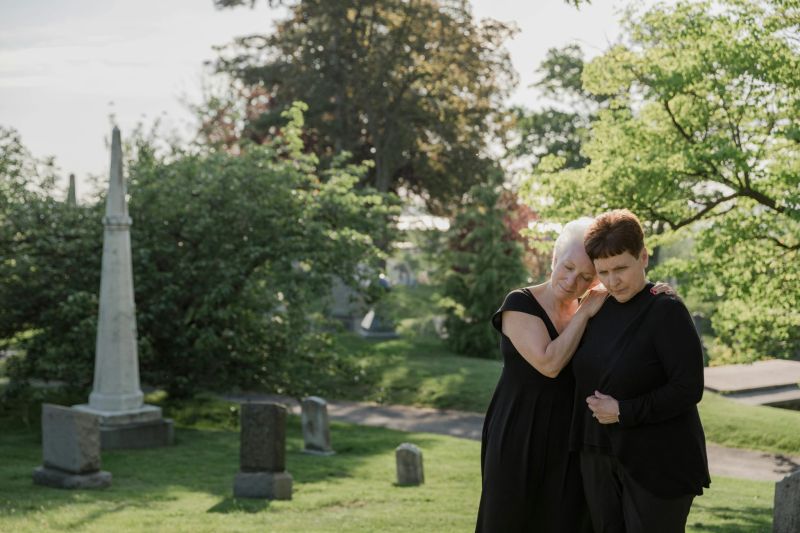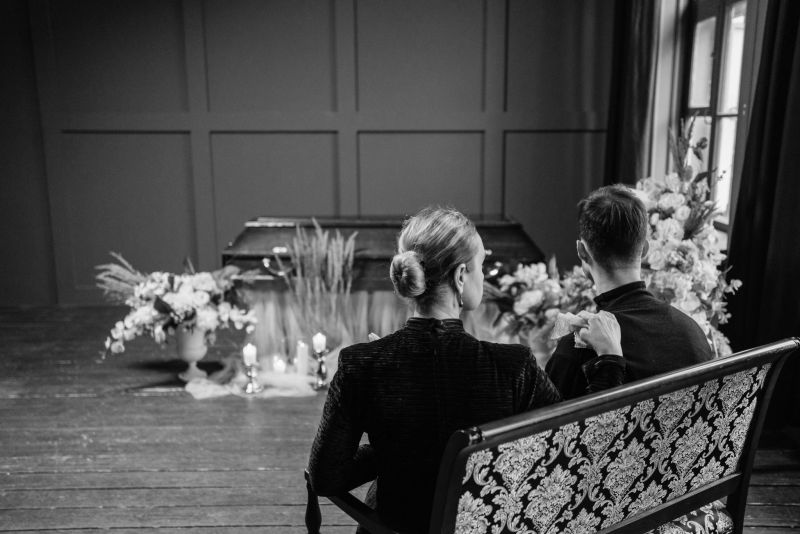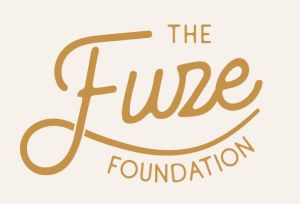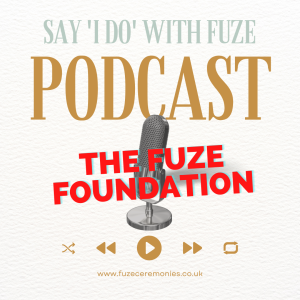By Katy Smith, Celebrant with Fuze Ceremonies & The Fuze Foundation

Introduction
We’ve all experienced a range of funeral ceremonies, from the profoundly moving to the disappointingly impersonal. It’s crucial that a funeral script genuinely reflects the life of the deceased, capturing their essence in a way that resonates with their loved ones. A well-crafted funeral ceremony is more than just a formality. It’s a tribute to the deceased, encapsulating their life story with warmth, humour, and sincerity.
When I attended my own mother’s humanist funeral and having experienced how enormously comforting a really good humanist celebrant can be, I felt really strongly, when I became a celebrant, that I had to do my utmost to bring something similar and uplifting to my own ceremonies with my bereaved families. The tapestry of someone’s life story; the quirkiness of their ways, and their achievements must be told with a warmth and genuine combination of humour, pathos, and knowledge of the person.
During my mum’s service the celebrant even took the “difficult” aspects of her life and deftly navigated these with skill and eloquence. I learned from listening to this and always have this front of mind for my bereaved loved ones when I visit to gather their loved one’s story.
The reverse is also true when I attended a funeral of someone really close; spending the entire ceremony getting more upset at how completely divorced from the “real” person, the ceremony was painting. So, there has to be honesty with a big spoonful of compassion and a dollop of humour thrown into a good script.
Here’s an overview of my process in constructing a funeral script that honours and celebrates a person’s life.
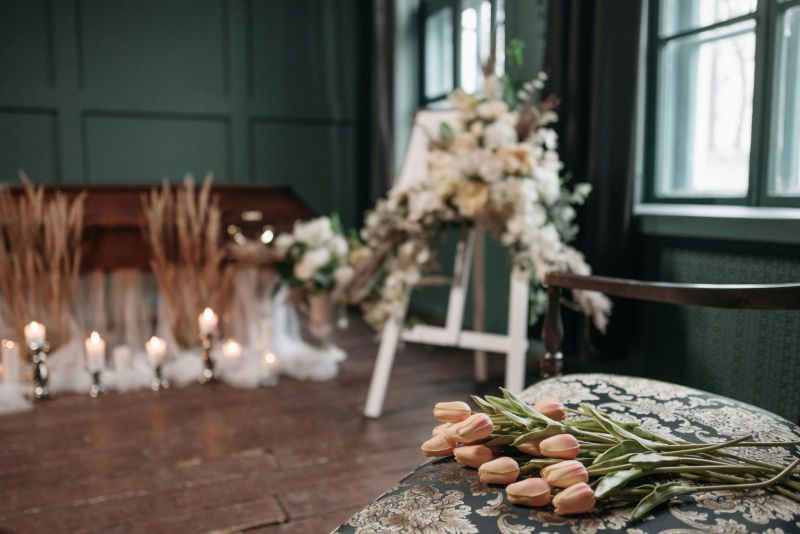
Thank you for reading


